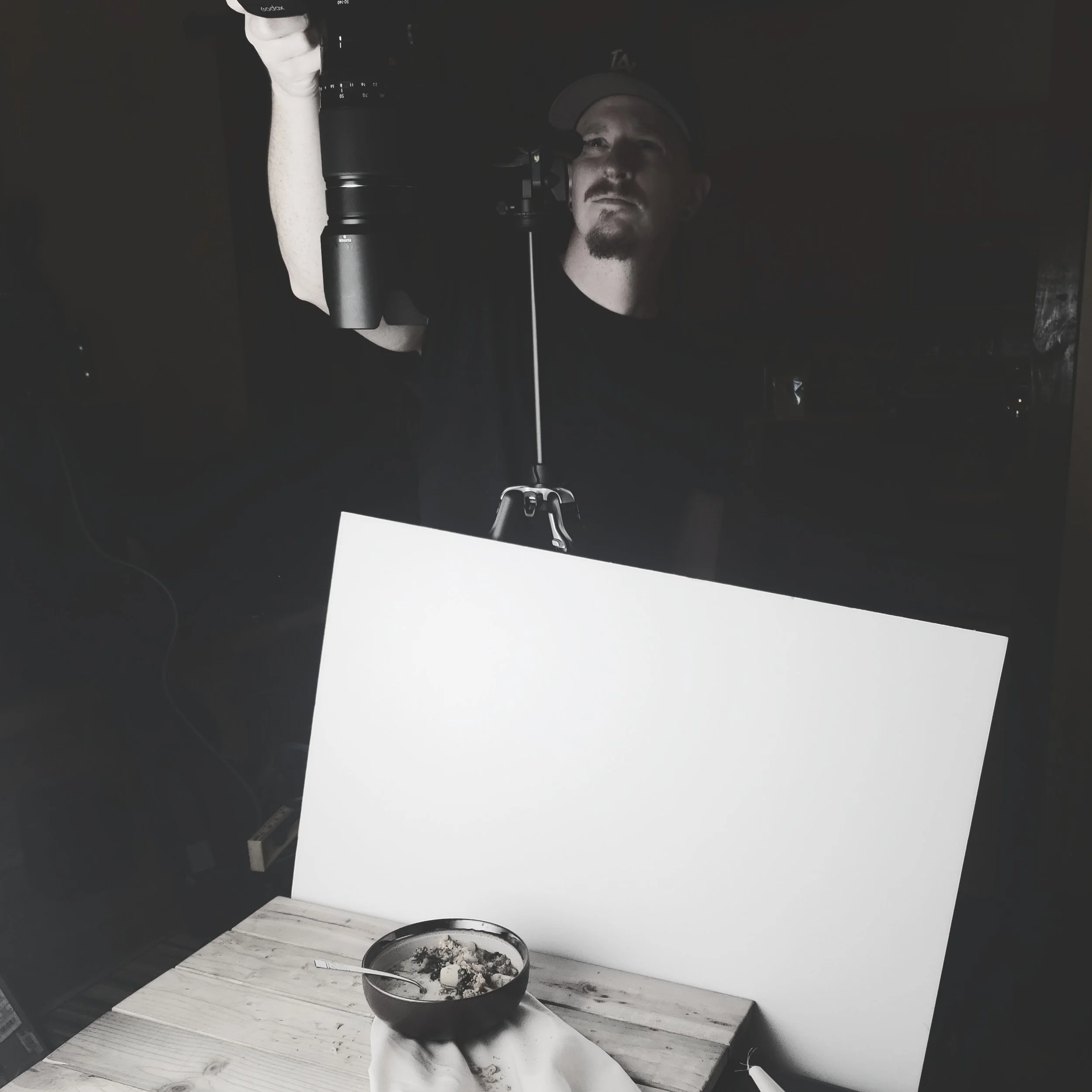7 Questions for Your Commercial Photo Shoot That Most Don’t Know to Ask
In any market, there are often a handful of good studios or photographers you may be able to choose from. A skim through their portfolio may catch your eye, but there is much more to consider than just a picture.
After my experience in the industry, I can let you in on all the bumps you may run into. These are my 7 “must ask” questions before you hire your next commercial photographer.
1. What are my usage rights and fees? Is there a limit to how I can use these photos?
Did you know that a lot of the time, photographers only let you use images they shoot for a certain time, or in a certain situation? Depending on the market and type of photography, buying from some photographers could mean only having usage rights for one to five years or based on your intended distribution (web usage only, local usage, regional usage). It is common for unlimited rights to be very expensive, and a complete copyright release could be budget breaking. These rights should always be listed on a photographer’s bid and contract.
2. Do you have references for this specific type of job?
If a photographer is trying to make their way into a photography market, they may have images in their portfolio that were shot for personal growth. It’s important that a commercial photographer has experience in the heat of the battle. Shooting for your portfolio is very different than collaborating on set with clients and art directors. A photographer with experience should be able to give you 3 or more references who can attest to how well they think on their feet.
Pro tip: All photography is NOT the same! Do all you can to get the job done right the first time — even it if costs a little more. Contracting with a photographer who is new in the field may give you a reduced price, but you always get what you pay for, and the quality of images and experience from a less experienced photographer may not be what you need for your business goals (and you still have to pay for it!).
3. How do you price your jobs?
Most commercial photographers submit a bid in writing for each project they quote with a new client. This estimate should include all photography fees, assisting costs, post-production fees, model wages, equipment and studio rental (if necessary), backgrounds, props, usage rights, copyright information, and payment terms. Commercial photographers often submit a client a contract in addition to the bid that includes cancellation policies along with payment terms and usage fees. The bid and the contract may come as one document or be separated.
Pro tip: Don’t just look at the “bottom line”. A custom photography price might seem far too high for you, but always compare what you pay for what you get. Choosing the cheapest quote will save you the literal dollars but compare that to your others to make sure you receive what you need for whatever price you pay. This will save you from needing to hire -Another- photographer when the first wasn’t able to deliver everything you needed.
4. How much post-production was done on the images in your portfolio?
Listen, Photoshop is great. Almost every photographer uses it on every image that’s delivered to their clients—as well as the images in their portfolio. This, and similar software, adds a strong, finishing touch to any photo and enhances the natural talented eye of the photographer. My studio, for example, plans touchups in advance with many commercial shoots to help tell the story of the shot.
However, photo shopping can be used by some as a “cover up” for bad techniques. Worse yet, there could be hidden charges in your price for touch-up work, when you thought the quality samples you saw were straight out of the camera. Again, make sure any additional services to be rendered are upfront, and visible.
Pro tip: Ask your potential photographer to describe the post-production process on an image you liked from their portfolio. This can help you determine if the style of this shot and what it conveys will match up with your vision.
5. After we are done shooting-what is your turnaround time for delivery of images?
Prospective clients will often have had bad experiences regarding how long it takes photographers to deliver files after the shoot. Knowing in advance what that timeline might be can help you schedule your job far enough in advance to meet pressing deadlines while keeping budgets in check, as well as to factor in any additional costs for shortened delivery of the images.
Pro tip: Make sure to bring up timeline in every meeting with a potential photographer so all expectations are clearly communicated on both ends. Expect that if you require special retouching or extensive image manipulation any photographer will require extra time.
6. Do you have Insurance?
This question can be the knockout punch. Seriously. Photographers bring equipment and a crew on the job. Sometimes projects are on a construction site or in an industrial situation, where liabilities are crawling everywhere. Or maybe the lights a photographer brings simply plugged into a bad socket that shorts out the entire building! A qualified photographer will have both a liability and a commercial policy that protects them as a professional.
Pro tip: Ask about potential photographers’ onsite and offsite backups of your digital images. This provides a kind of “insurance” on your images in the case of a catastrophe or data corruption.
7. Do you require art direction during the shoot?
Collaboration is a fantastic part of commercial photography. Putting great minds together to create the best images possible, makes sure that both client and photographer are pleased with the end result. But let’s face it…everyone is busy! Sometimes it’s simply not possible for you as a client to be on every project to approve what they are shooting. You need a photographer that can take your vision and run with it even if you’re not there!
Pro tip: Notice if your photographer takes notes about your vision for images during a sales call or pre-production meeting. Ask if they charge extra for not having a client representative on set or have a way of sending you images as they shoot. Sometimes these little things take your photography experience to another level.


